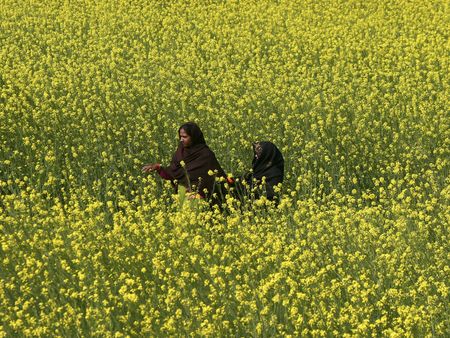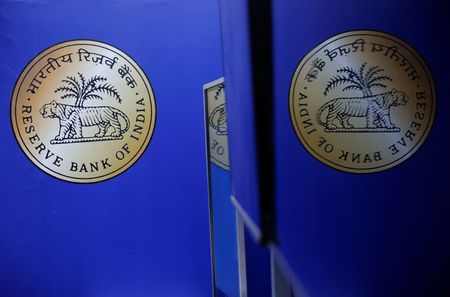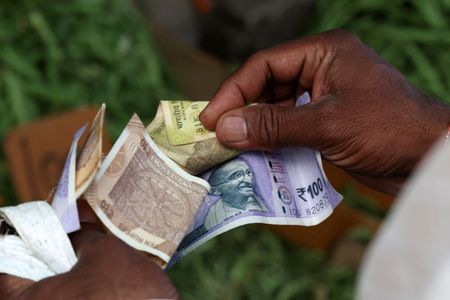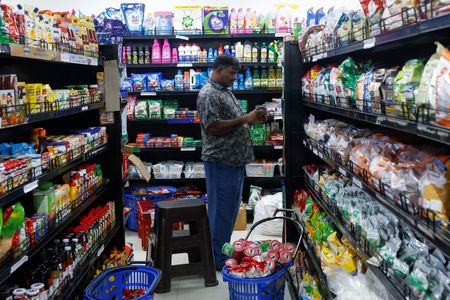By Mayank Bhardwaj
NEW DELHI (Reuters) -Rapeseed output in India, the world’s biggest importer of vegetable oils, is likely to rise as much as 29.4% this year as farmers plant more area with the winter-sown oilseed, a leading trade body said on Tuesday.
Production is expected to stand at 10-11 million tonnes in the crop year to June 2022, the Central Organization for Oil Industry and Trade (COOIT) said in a statement.
Indian farmers produced 8.5 million tonnes of rapeseed in the 2020-21 crop year, the COOIT estimates.
Higher rapeseed output will help India to reduce expensive imports of vegetable oils.
In the 2020/21 oil year to Oct. 31, India spent a record 1.17 trillion rupees ($15.71 billion) on vegetable oil imports.
Rapeseed, popularly known as mustard in India, has the highest oil content (35-40%) among the country’s nine main oilseeds, including groundnut, sunflower and soybeans.
Early maturing rapeseed crop is sown from mid-September to October, while the sowing of late-maturing varieties continues until mid-November.
It is harvested from February onwards.
“Sowing of mustard seeds has increased this year significantly in all major producing states, including Rajasthan,” said Babulal Data, president of COOIT, referring to the northwestern state that produces of more than half of India’s rapeseed.
Favourable weather conditions and higher prices encouraged farmers to bring more areas under rapeseed, Data said.
New Delhi imports nearly two thirds of its vegetable oil requirements, which are rising rapidly because of an expanding population, higher income levels and a penchant for calorie-laden curry and deep-fried food.
India has been a traditional buyer of tropical palm oil from Indonesia and Malaysia and soft oils, such as soyoil, from Argentina and Brazil, to make up for a shortfall in soybean, rapeseed and peanut output.
New Delhi also imports sunflower oil from Ukraine and Russia and canola oil from Canada.
(Reporting by Mayank BhardwajEditing by David Goodman)










